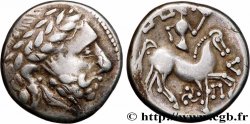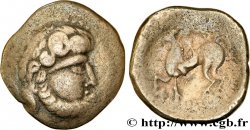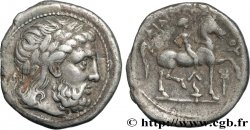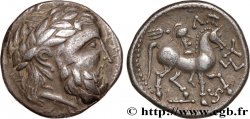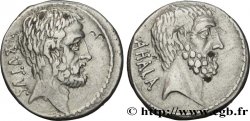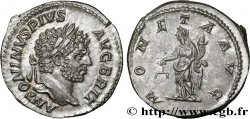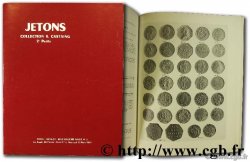Live auction - bga_835994 - DANUBIAN CELTS - TETRADRACHMS IMITATIONS OF PHILIP II AND HIS SUCCESSORS Tétradrachme “au rameau”
得先注册又得到批准才可以报价。为了报价注册. 客户应该得到公司允许,那种过程需要 48 个小时。别等出售结束那一天才登记。您报价的话等于您赞成买那物品,而且按« 保价 » 证明您接受 cgb.fr 因特网拍卖使用法.
报价时只可以出全数值欧元总额。物品描述也说明销售结束时间,结束后出价都不会生效。 报价命令转达有时变动,等到最后秒钟增加否决的可能会。想多了解的话请注意 因特网拍卖常问
最高出价方将支付18%的不含税的拍卖费用
最高出价方将支付18%的不含税的拍卖费用
| 估算 : | 900 € |
| 价格 : | 600 € |
| 最高出价 : | 600 € |
| 拍卖结束日期 : | 05 September 2023 15:39:55 |
| 竞拍人 : | 1 竞拍人 |
种类 Tétradrachme “au rameau”
日期: (IIe-Ier siècles avant J.-C.)
材质 silver
直径 23,5 mm
模子方针 3 h.
重量 14,19 g.
稀少度 R2
关于品相的说明
Belle monnaie sur un flan épais et centré. Très beau portrait de Zeus au droit, finement détaillé. Revers tréflé. Patine grise
出版目录中的项代码 :
家谱
Cet exemplaire provient de la collection Norbert Michaud, fameux collectionneur d’art japonais
正面
正面的文字 ANÉPIGRAPHE.
正面的说明书 Tête laurée de Zeus à gauche, grènetis.
背面
背面的说明书 Cavalier au pas à gauche, tenant une palme de la main droite ; le cheval lève l'antérieur à droite ; légende dégénérée autour du cheval.
背面铭文 FILIP - POU
评论
Cet exemplaire est celui de MONNAIES 28, n° 688. Ce tétradrachme semble être des mêmes coins que le n° 688 de MONNAIES 28 et du n° 3 de la vente LANZ 154. Mis à part ces exemplaires, ce type précis semble manquer à tous les ouvrages et catalogues de musées consultés.
Si le statère d’or de Philippe II de Macédoine a servi de prototype à de nombreuses imitations gauloises, le tétradrachme n’a pas été imité en Gaule, mais reste principal sujet d’inspiration des monnaies pour les Celtes du Danube (LT. 9697-9767, 9768-9832, 9618-9630, 9870-9886). Les premières imitations furent frappées dans le premier quart du IIIe siècle avant J.-C. La fabrication des copies serviles, puis des imitations, enfin des frappes celtiques continuèrent pendant plus de deux siècles.
Si le statère d’or de Philippe II de Macédoine a servi de prototype à de nombreuses imitations gauloises, le tétradrachme n’a pas été imité en Gaule, mais reste principal sujet d’inspiration des monnaies pour les Celtes du Danube (LT. 9697-9767, 9768-9832, 9618-9630, 9870-9886). Les premières imitations furent frappées dans le premier quart du IIIe siècle avant J.-C. La fabrication des copies serviles, puis des imitations, enfin des frappes celtiques continuèrent pendant plus de deux siècles.







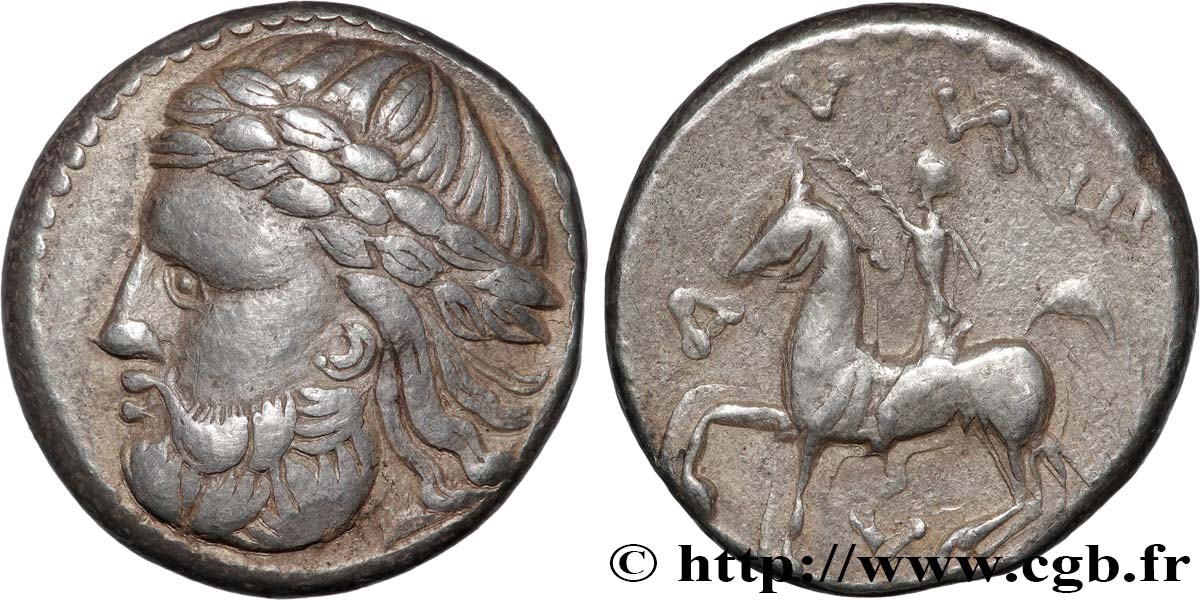
 对产品描述纠错
对产品描述纠错 打印
打印 分享我的选择
分享我的选择 提问
提问 Consign / sell
Consign / sell
 产品介绍
产品介绍
